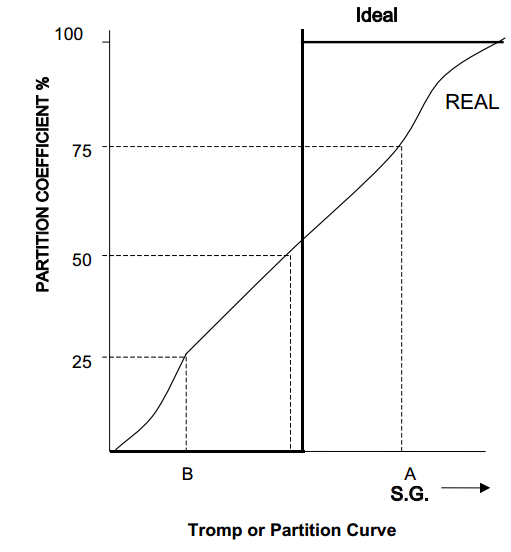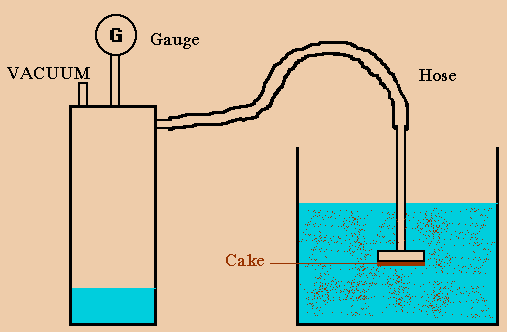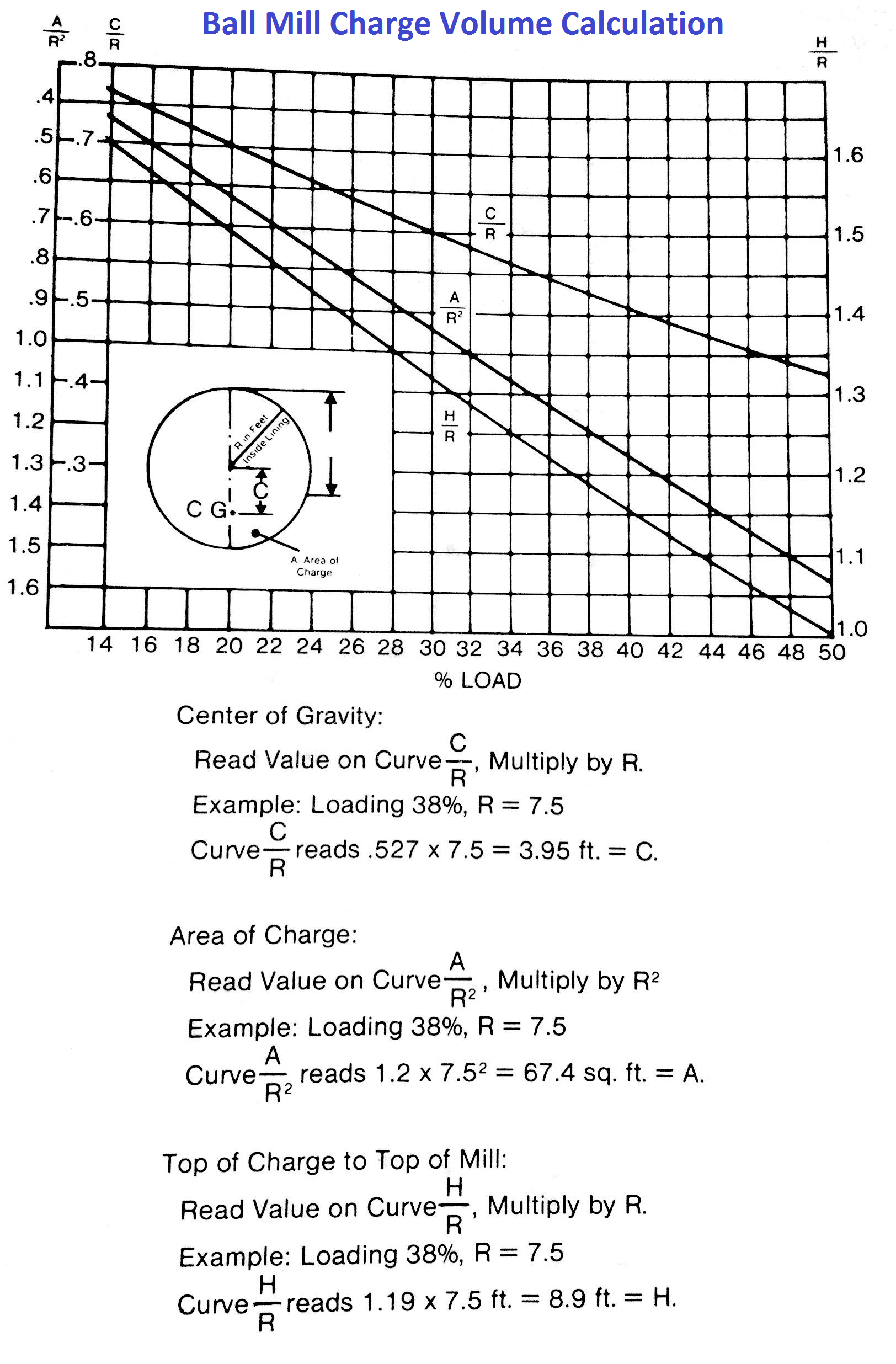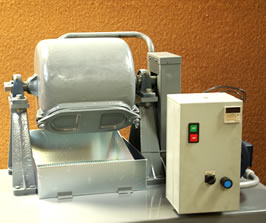Tromp Curve – Example of Partition Curve
As may be seen from the table, a separation at S.G. 2.75 would result in a float product of 68.5% of the weight contain 3.8% of the tin of that size fraction. Laboratory separations in heavy liquids are “ideal” – all the sinks should report to the sinks and all the floats to the floats. … Read more








